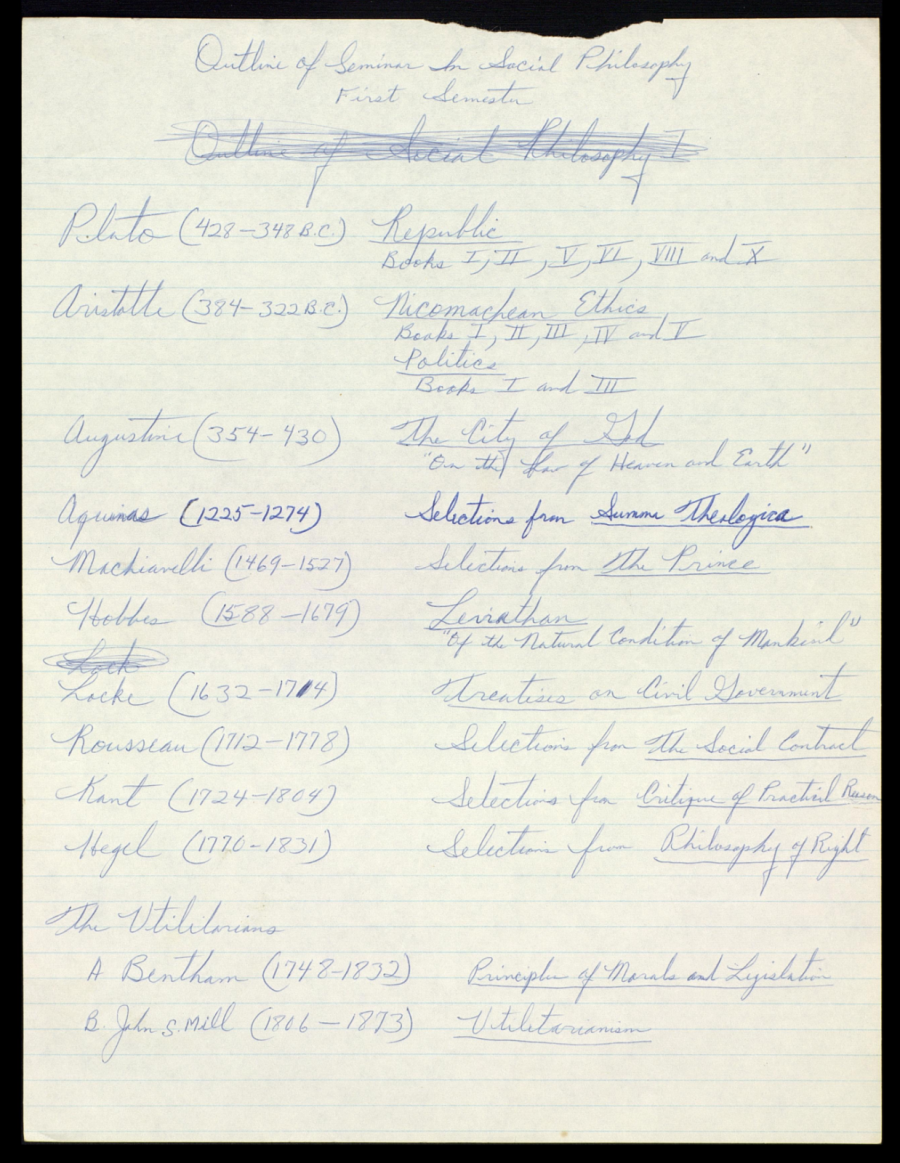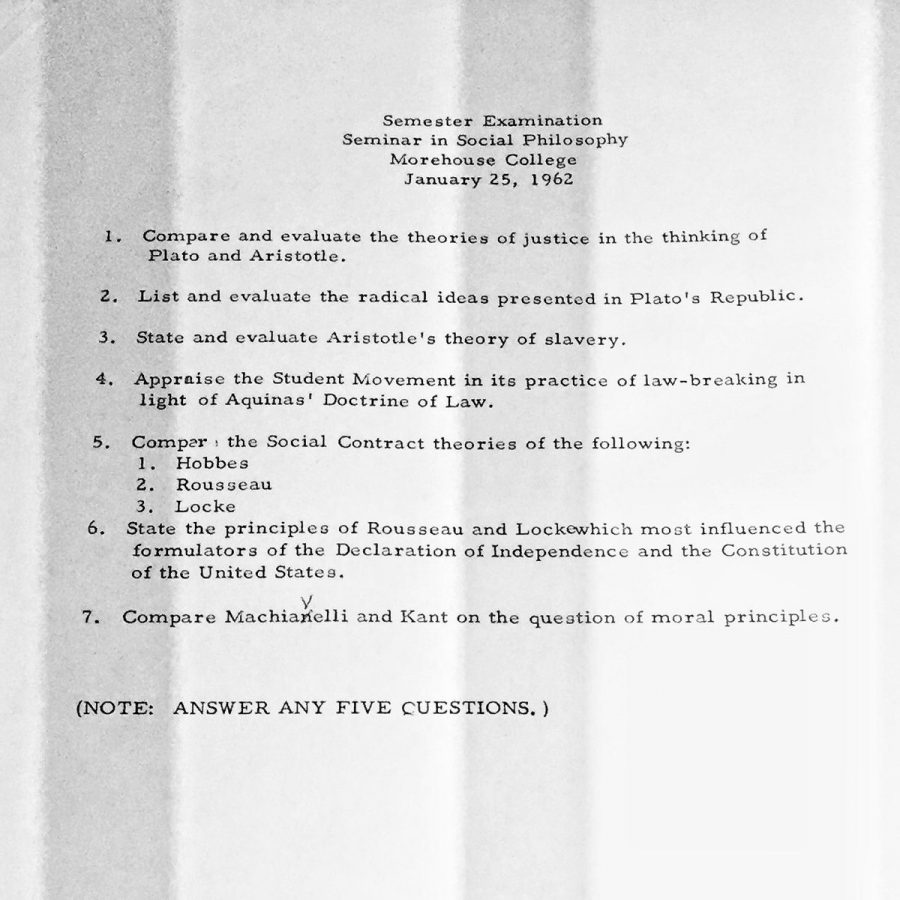Noam Chomsky has always had irascible tendencies—when he doesn’t like something, he lets us know it, without ever raising his voice and usually with plenty of footnotes. It’s a quality that has made the emeritus MIT professor and famed linguist such a potent critic of U.S. empire for half a century, vigorously denouncing the Vietnam War, the Iraq War(s), and the possibility of a catastrophic war with North Korea. Chomsky isn’t a professional historian or political philosopher; these are avocations he has taken on to bolster his arguments. But those arguments are strengthened by his willingness to engage with primary sources and take them seriously.
When it comes, however, to his much-publicized feud with “Postmodernism,” a term he uses liberally at times to describe almost all post-war French intellectual culture, Chomsky rarely confronts his opponents in their own terms. That’s largely because, as he’s said on many occasions, he can’t make any sense of them. It’s not exactly an original critique. Mandarins of French thought like Jean-Francois Lyotard, Jacques Lacan, and Jean Baudrillard have been accused for decades, and not without merit, of knowingly peddling bullshit to a French readership that expects, as Michel Foucault once admitted, a mandatory “ten percent incomprehensible.” (Sociologist Pierre Bourdieu asserts that the number is much higher.)
But Chomsky’s critique goes further, in a direction that doesn’t get nearly as much press as his charges of obscurantism and overuse of insular jargon. Chomsky claims that far from offering radical new ways of conceiving the world, Postmodern thought serves as an instrument of oppressive power structures. It’s an interesting assertion given some recent arguments that “post-truth” postmodernism is responsible for the rise of the self-described “alt-right” and the rapid spread of fake information as a tool for the current U.S. ruling party seizing power.
Not only is there “a lot of material reward,” Chomsky says, that comes from the academic superstardom many high-profile French philosophers achieved, but their position—or lack of a clear position—“allows people to take a very radical stance… but to be completely dissociated from everything that’s happening.” Chomsky gives an example above of an anonymous postmodernist critic branding a talk he gave as “naïve” for its discussion of such outmoded “Enlightenment stuff” as making moral decisions and referring to such a thing as “truth.” In his brief discussion of “the strange bubble of French intellectuals” at the top of the post, Chomsky gets more specific.
Most post-war French philosophers, he alleges, have been Stalinists or Maoists (he uses the example of Julia Kristeva), and have uncritically embraced authoritarian state communism despite its documented crimes and abuses, while rejecting other modes of philosophical thought like logical positivism that accept the validity of the scientific method. This may or may not be a fair critique: political orientations shift and change (and at times we accept a thinker’s work while fully rejecting their personal politics). And the postmodern critique of scientific discourse as form of oppressive power is a serious one that needn’t entail a wholesale rejection of science.
Are there any post-structuralist thinkers Chomsky admires? Though he takes a little dig at Michel Foucault in the clip above, he and the French theorist have had some fruitful debates, “on real issues,” Chomsky says, “and using language that was perfectly comprehensible—he speaking French, me English.” That’s not a surprise. The two thinkers, despite the immense difference in their styles and frames of reference, both engage heavily with primary historical sources and both consistently write histories of ideology.
It is partly through the interplay between Foucault and Chomsky’s ideas that we might find a synthesis of French Marxist post-structuralist thought and American anarchist political philosophy. Rather than seeing them as professional wrestlers in the ring, with the postmodernist as the heel and headlines like “Chomsky DESTROYS Postmodernism,” we could look for complementarity and points of agreement, and genuinely read, as difficult as that can be, as many of the arguments of postmodern French philosophers as we can (and perhaps this defense of obscurantism) before deciding with a sweeping gesture that none of them make any sense.
Related Content:
Free Online Philosophy Courses
Noam Chomsky Calls Postmodern Critiques of Science Over-Inflated “Polysyllabic Truisms”
Noam Chomsky Slams Žižek and Lacan: Empty ‘Posturing’
Clash of the Titans: Noam Chomsky & Michel Foucault Debate Human Nature & Power on Dutch TV, 1971
Josh Jones is a writer and musician based in Durham, NC. Follow him at @jdmagness



